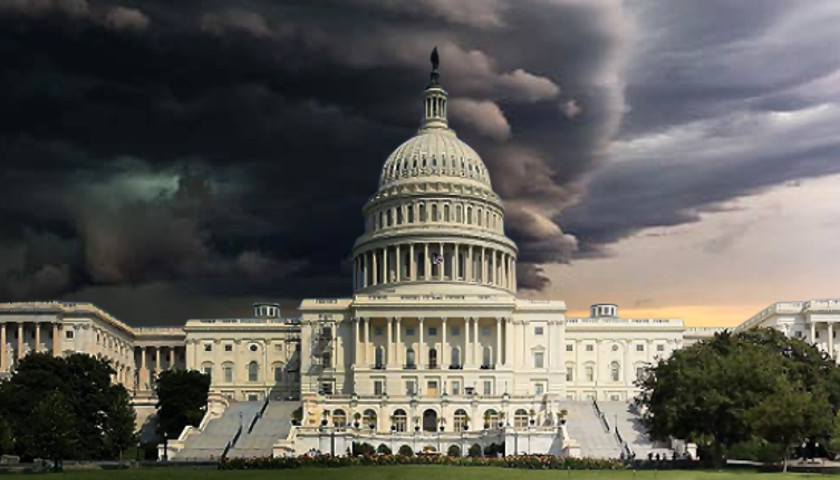by Clifford Humphrey and Juan Davalos
In June, we counted 23 articles written about the prospect of a new or cold civil war in the United States. In July, that number doubled to 46. That’s no mere “uptick.”
Right or wrong, these prognostications from both Left and Right are significant for what they reveal about the nature of the political division in the United States. Interest in this topic will only increase as we approach the election in November and whatever lies beyond it.
For this reason, we are launching a website dedicated to collecting and cataloging all the news and opinions on the prospect of a new civil war. We do not aim to be alarmists but to bring attention to the fact that both Left and Right are talking about this topic, and to make it easy to follow that conversation.
By gathering all of the rhetoric on what is perhaps the most important political subject in the last century and a half in one place, we hope that Americans may better understand the nature of our divisions and work to discover unifying solutions.
It’s no secret that political divisions in the United States are at a very high pitch in this election year. The whole world knows it. A Scottish newspaper this week called America a “tinderbox,” “teetering on the brink of civil strife and disorder.”
Of course, we’ve had plenty of political divisions and civil strife in this country since the Civil War.
What’s significant about the divisions and strife today, however, is the strong belief on each side of the political aisle that the other side is hell-bent on causing a new civil war. Political commentator Tim Pool interpreted the recent Antifa attack on a federal courthouse in Portland, Oregon as “a second Fort Sumter scenario.” Meanwhile, commentators on the Left are calling Donald Trump “the boogaloo president,” who is engaged in an “irresponsible campaign to foment a new civil war.”
From the articles, videos, and podcasts we’ve collected, several questions arise that are worth considering.
Clearly political divisions in the United States have surged during President Trump’s administration, but the question remains whether Trump is a cause or an effect of these divisions. It seems few people, if any, are objective enough at this point to be able to answer that question in a way that the American public would find persuasive.
If Trump is merely a symptom of the division, then what exactly is the sticking point between the two sides? Is it mostly a cultural and lifestyle difference between red states and blue states, rural and urban? In what way is there a religious character to our disagreements? Are we already two different peoples living among one another? If so, how and to what degree is this division repairable?
A further question that people seem concerned with is “are we already in a civil war?” Since May 2017, radio talk show host John Batchelor and historian Michael Vlahos have held a weekly conversation on “The John Batchelor Show” addressing this very question. If we are to judge from history, they note, the condition of civil war often prevails before any actual fighting does. We have collected all of their illuminating conversations on our website.
These questions are critical because their answers may unlock the mystery to what the exigencies of statesmanship and the duties of citizenship will be in the coming months and years. We hope our website will help those concerned with this topic find answers to questions like these, and to raise new ones.
To paraphrase the man who bore so much of the weight of the last civil war on his shoulders—“with malice toward none, with charity for all, with firmness in the right as God gives us to see the right, let us strive on to bind up our nation’s wounds and divisions. Fondly do we hope, fervently do we pray, that we may evade the mighty scourge of war.
But to do that, we must first become informed. As Lincoln noted in his “House Divided” speech: “If we could first know where we are, and whither we are tending, we could then better judge what to do, and how to do it.”
– – –
Clifford Humphrey holds a PhD in politics from the Van Andel Graduate School of Statesmanship at Hillsdale College. Juan E. Dávalos is a PhD candidate in politics also at Hillsdale. Follow their website on Twitter and Parler @anewcivilwar.




